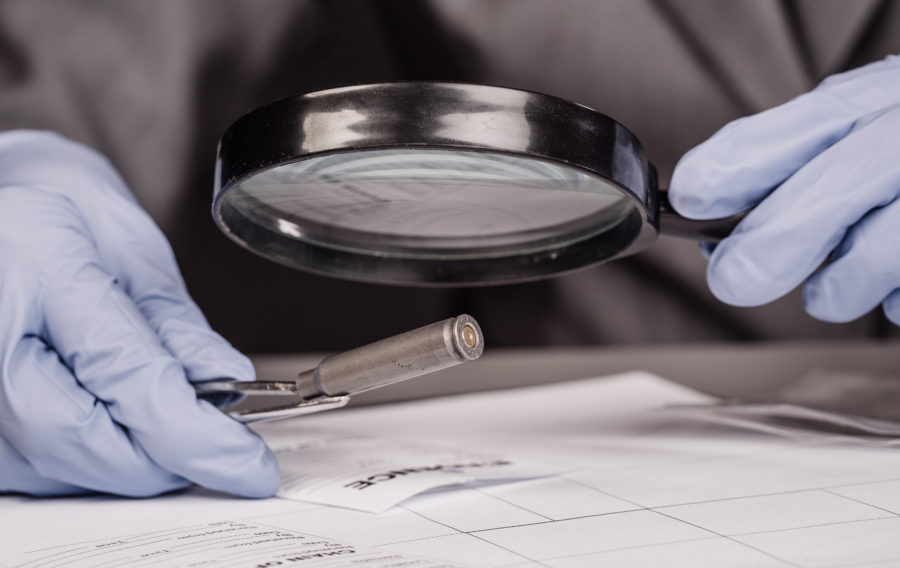
The Defence Minister Harriett Baldwin has revealed a new cutting-edge fingerprint technology aimed at targeting criminals.
The technology uses an innovative chemical to recover fingerprints from surfaces that were previously extremely challenging or even impossible to work with, making them visible so that forensic scientists can identify guilty individuals.
This includes items exposed to high temperatures, including IED components and fired ammunition cases in a warzone, as well as metal items that have been deliberately cleaned, such as knives at a domestic crime scene. The new technique could help identify criminals ranging from insurgents to burglars.
Defence Minister Harriett Baldwin said: “British innovation is progressing at a rapid pace and we are investing millions in it to keep our country safe. Whether it’s used on a foreign battlefield or a British crime scene, this pioneering fingerprint technology will make it much harder for criminals to escape justice.”
The advanced fingerprint visualisation technology has been developed jointly by the Defence Science and Technology Laboratory (Dstl), the Centre for Applied Science and Technology (CAST) and Loughborough University.
The project started life at Loughborough University where the concept was inadvertently discovered by Dr Paul Kelly, and developed by Dstl into an operational capability. Foster + Freeman (F+F), one of the world’s foremost forensic science equipment suppliers, will refine the technology before making it commercially available early next year.
Steve Thorngate, from the Defence Security Analysis Division of Dstl, said: “Through our work with Dr Paul Kelly at Loughborough University, the ability to significantly increase fingerprint recovery rates from items recovered, means that criminals will find it much harder to conceal their identity. Although the technology needs further refinement, it will be of significant benefit to forensic scientists across the world.”
If you would like to join our community and read more articles like this then please click here.
Centre for Applied Science and Technology Defence Science and Technology Laboratory Dstl Harriett Baldwin Loughborough University







